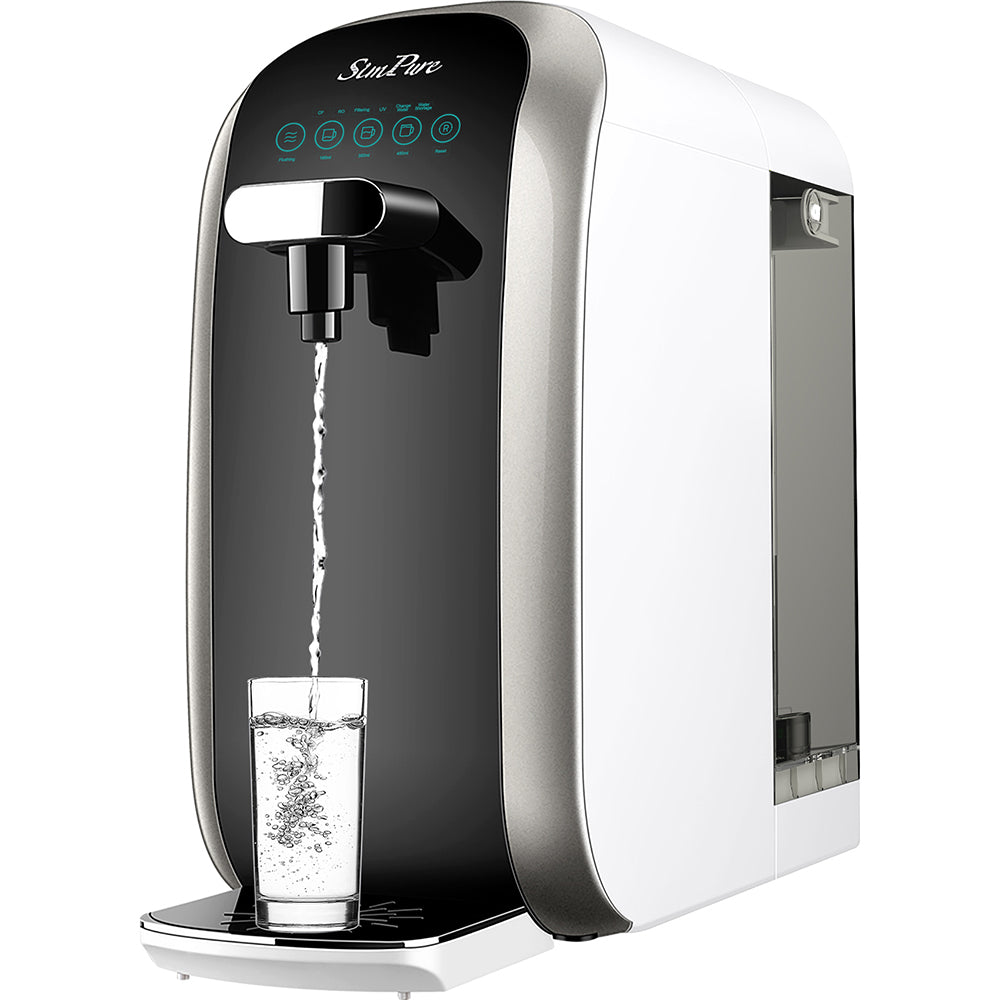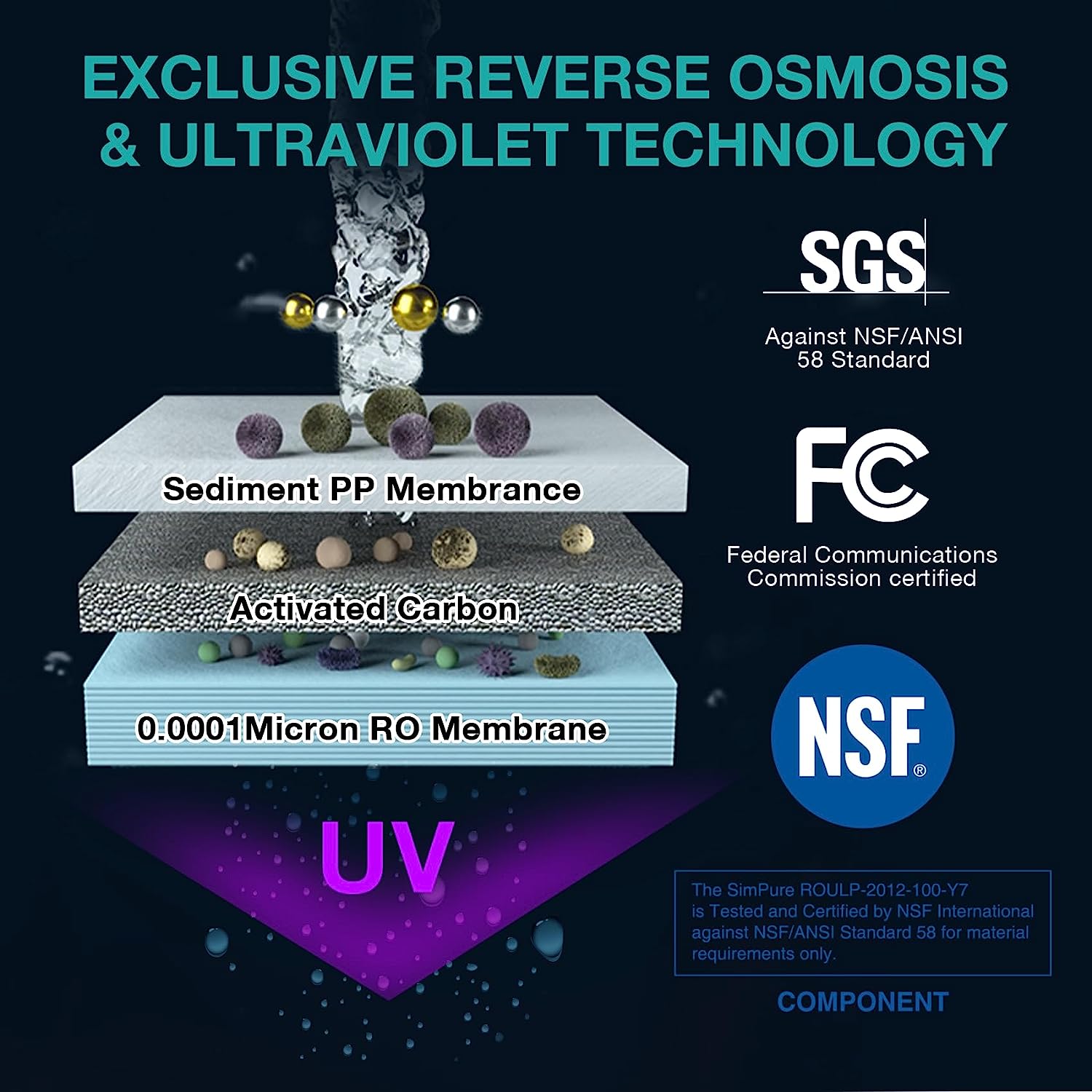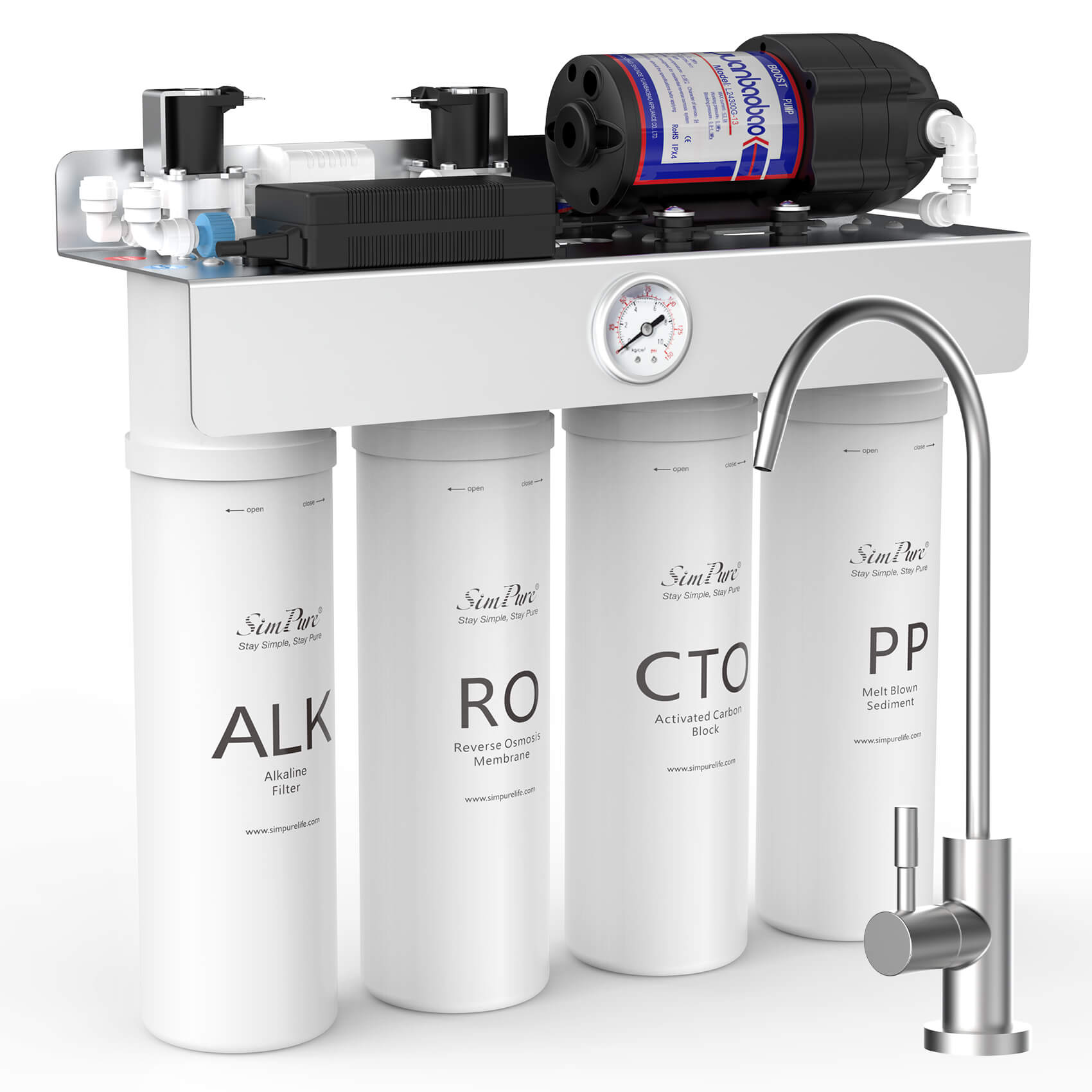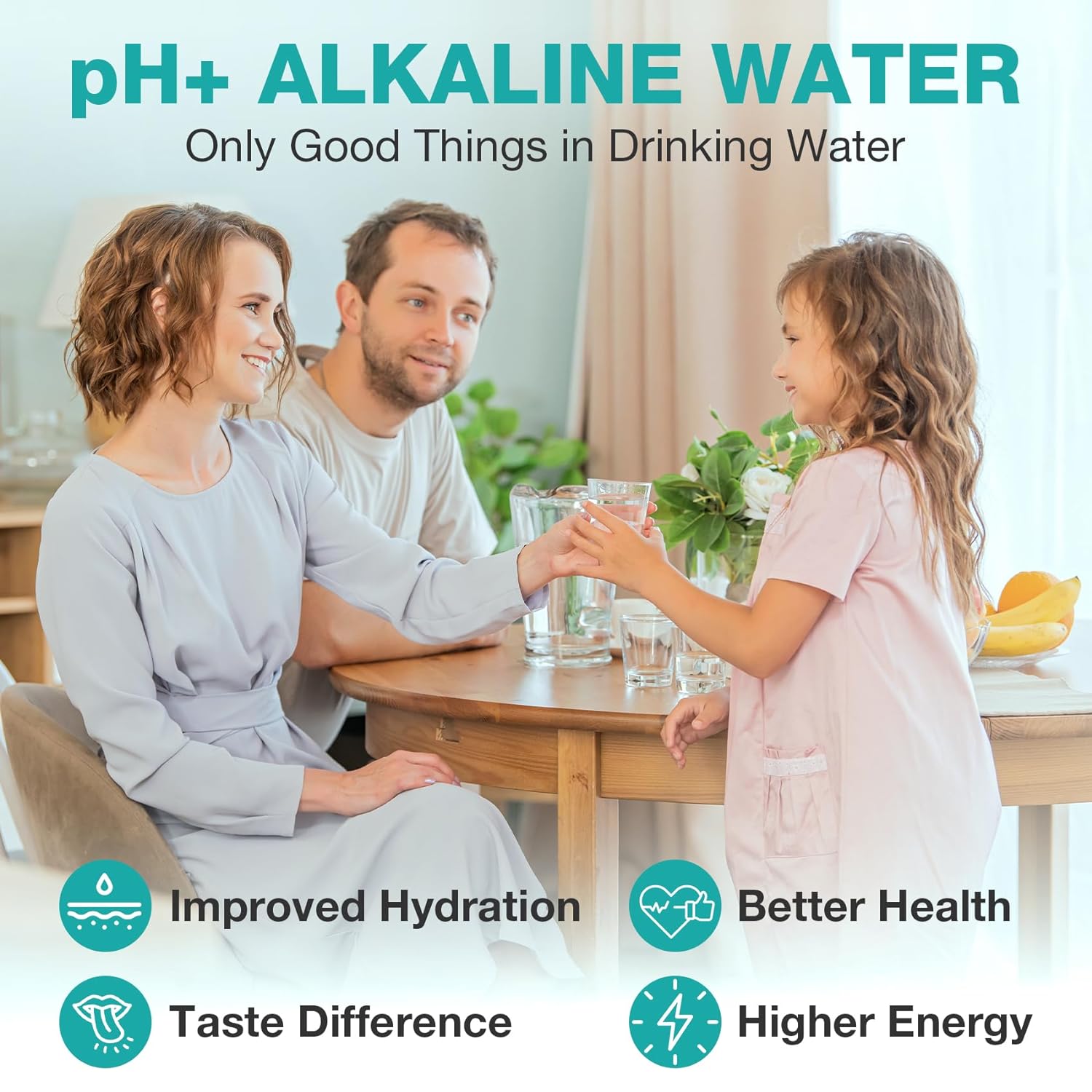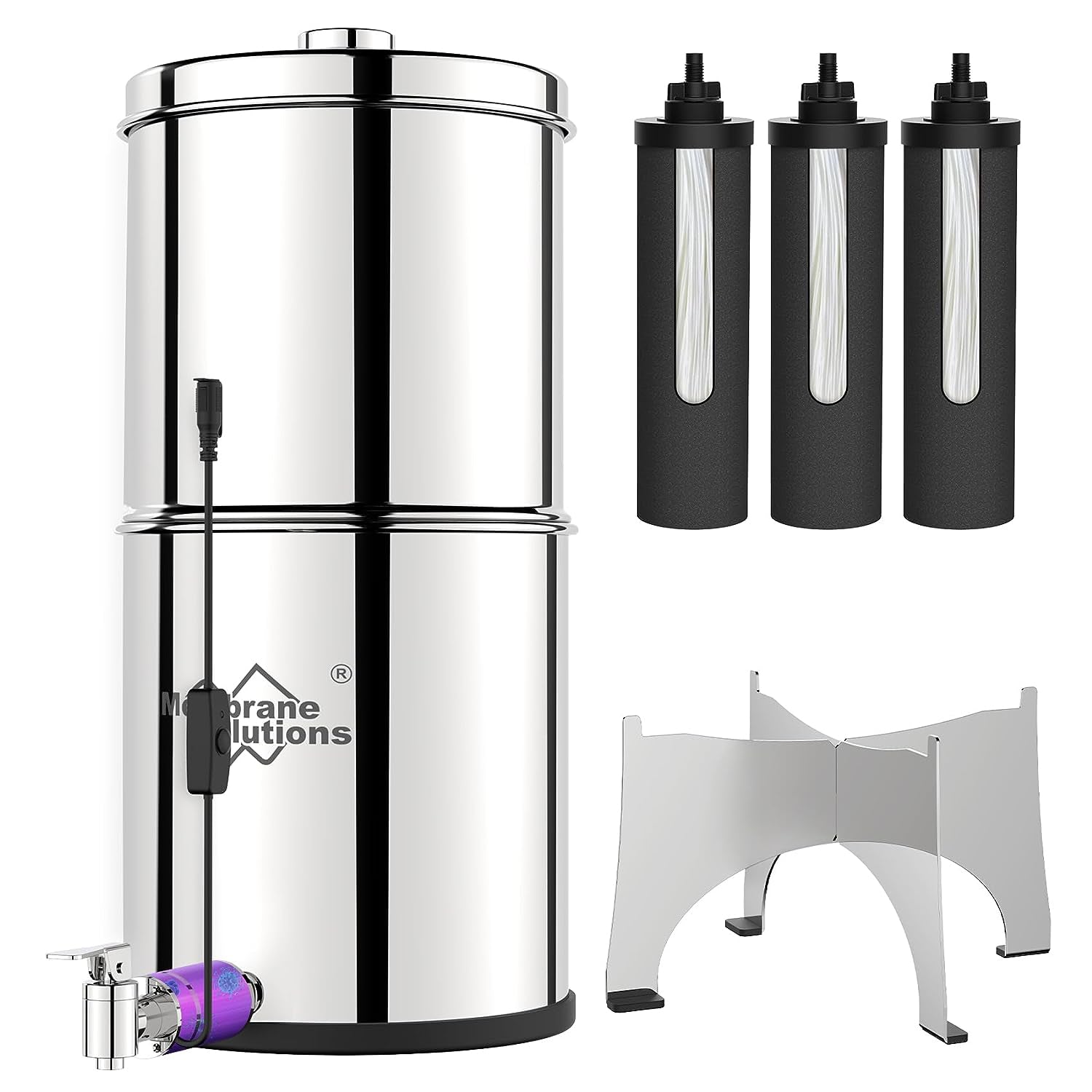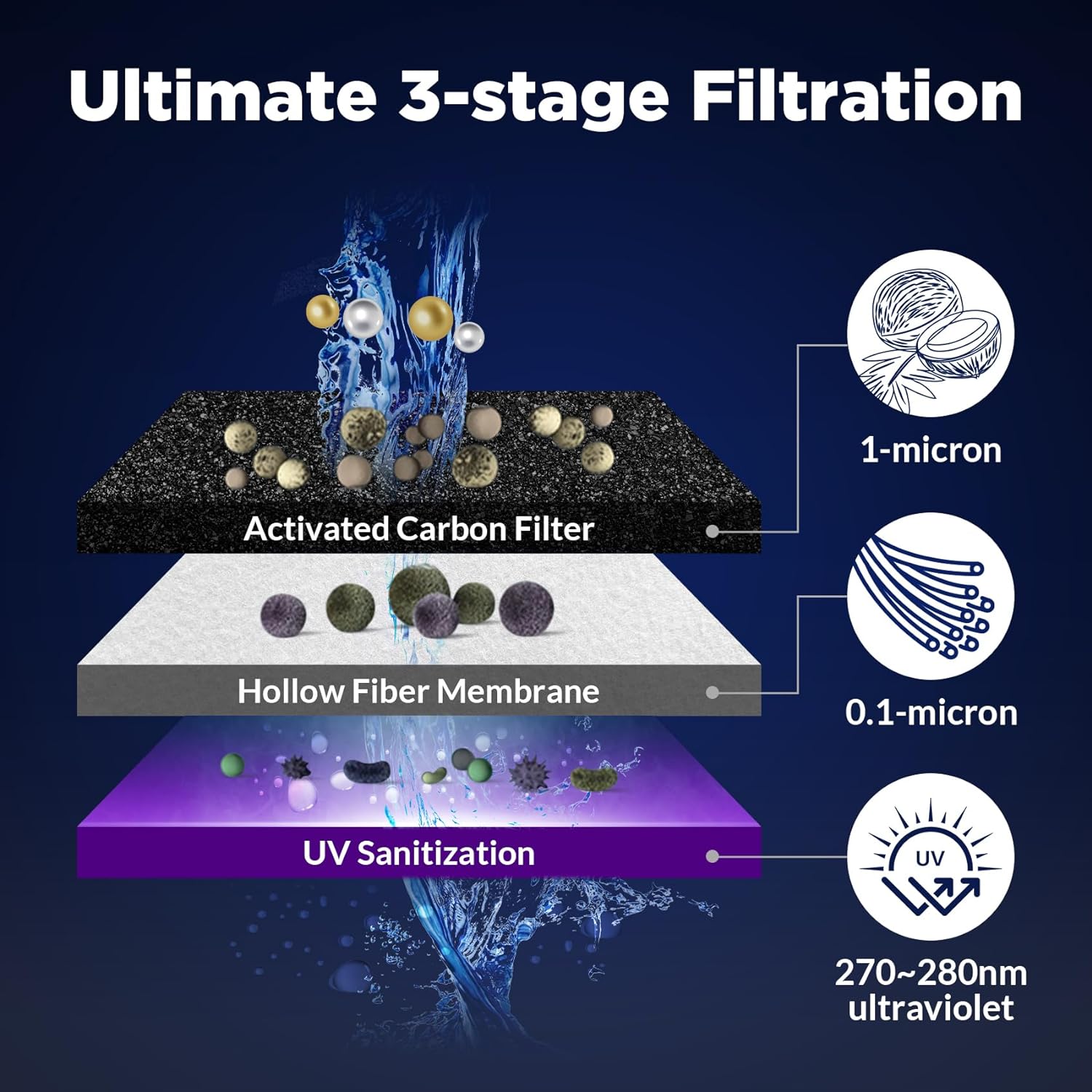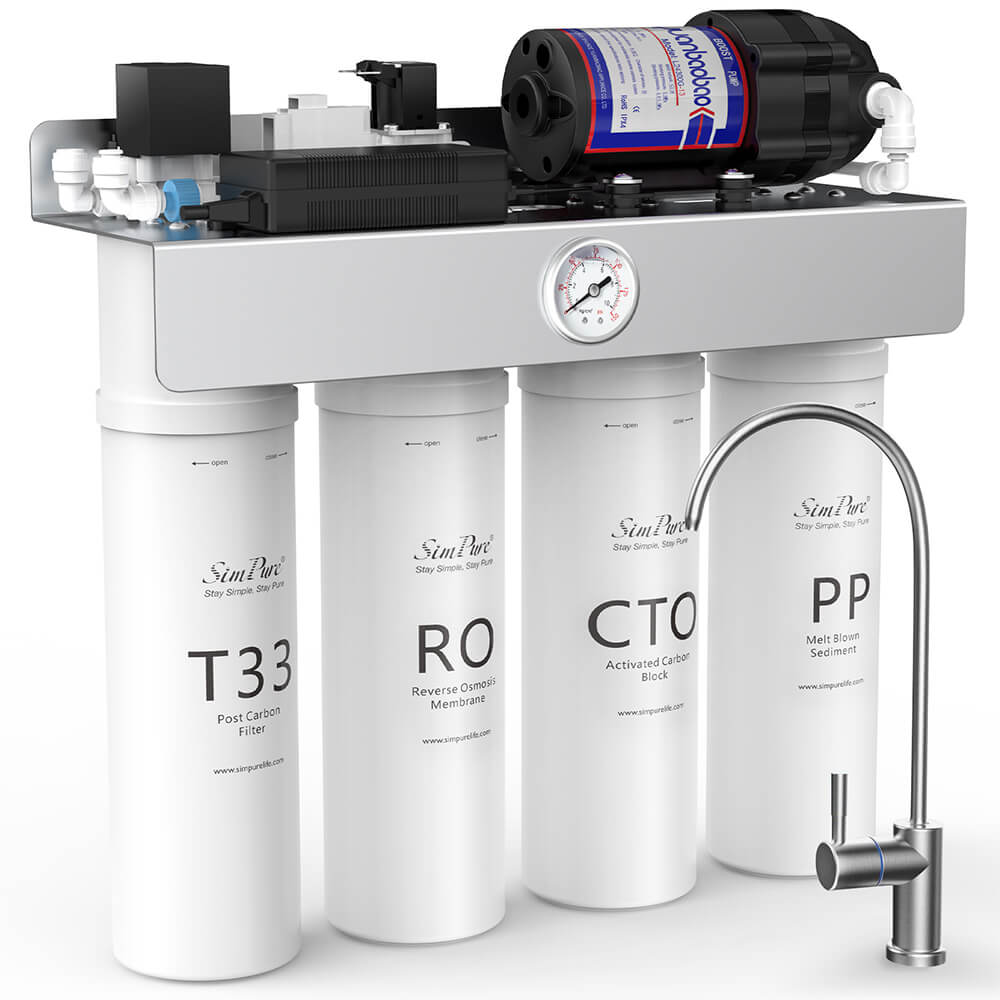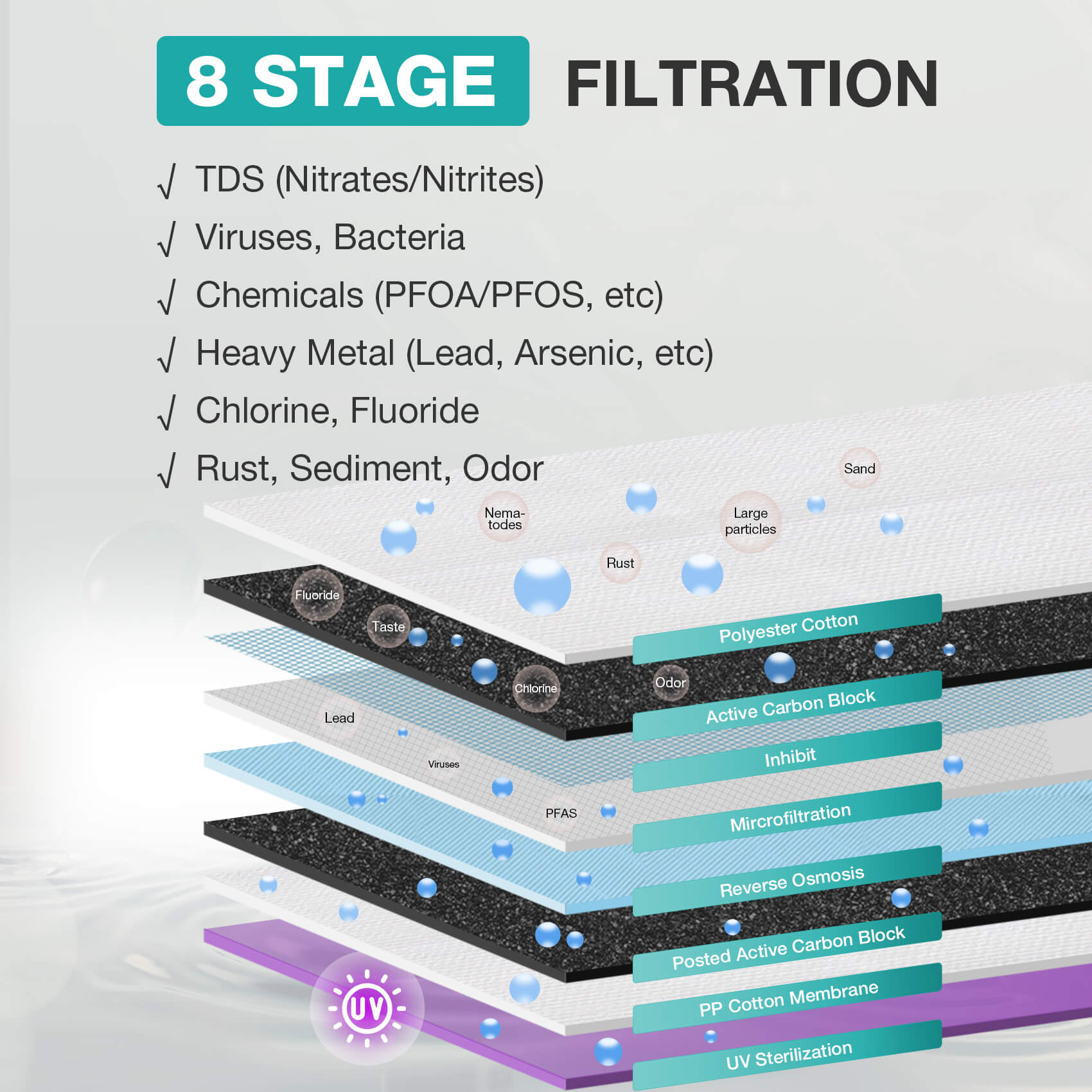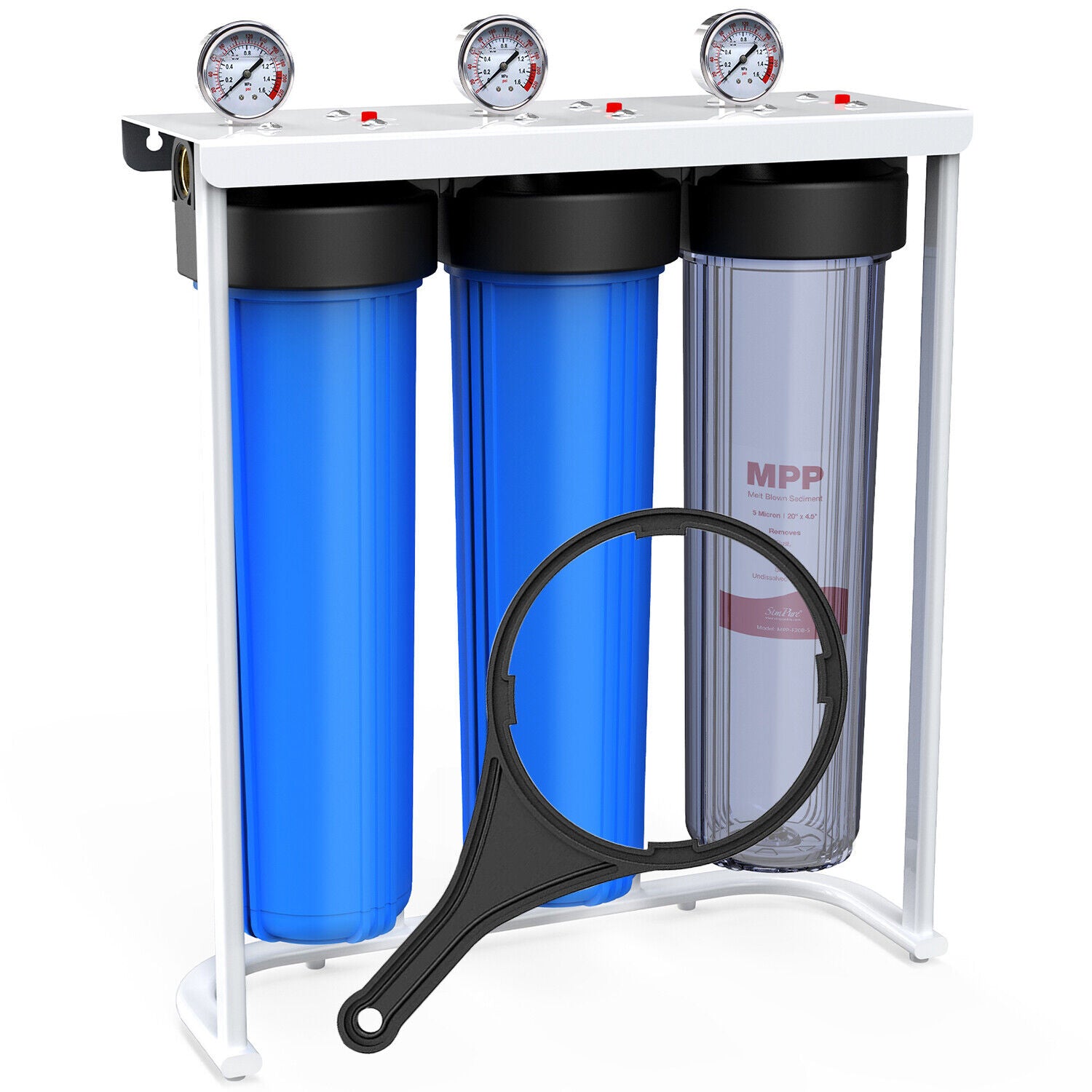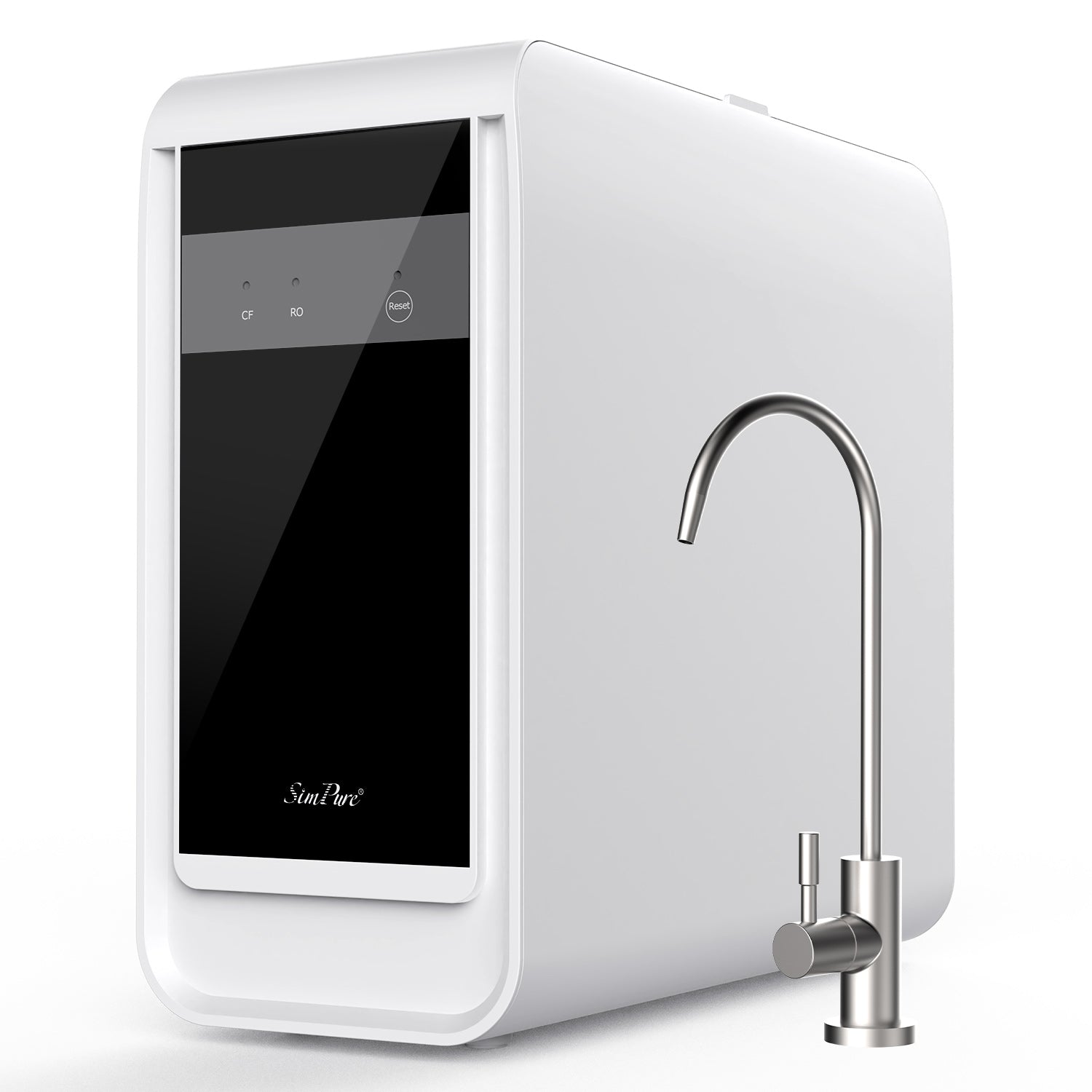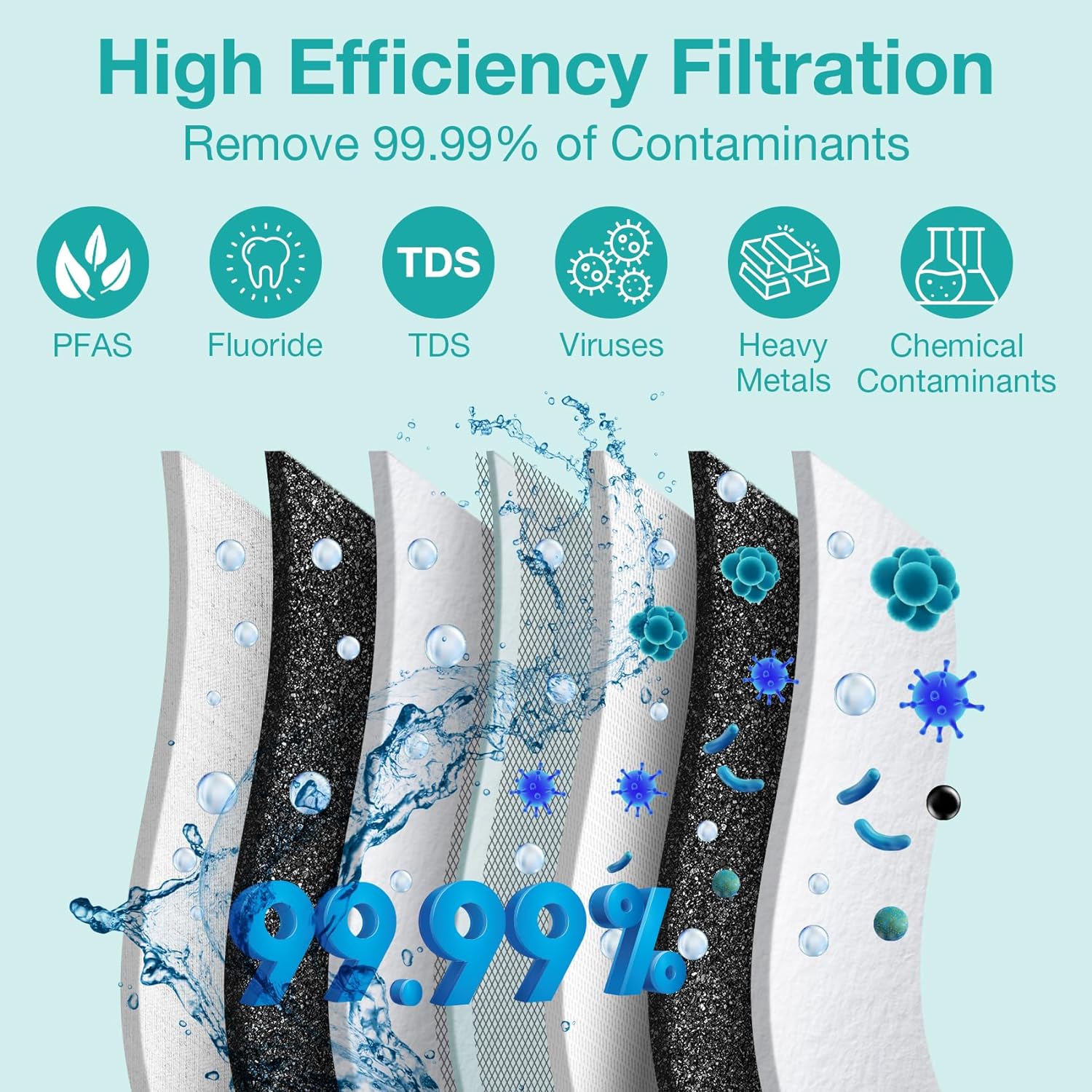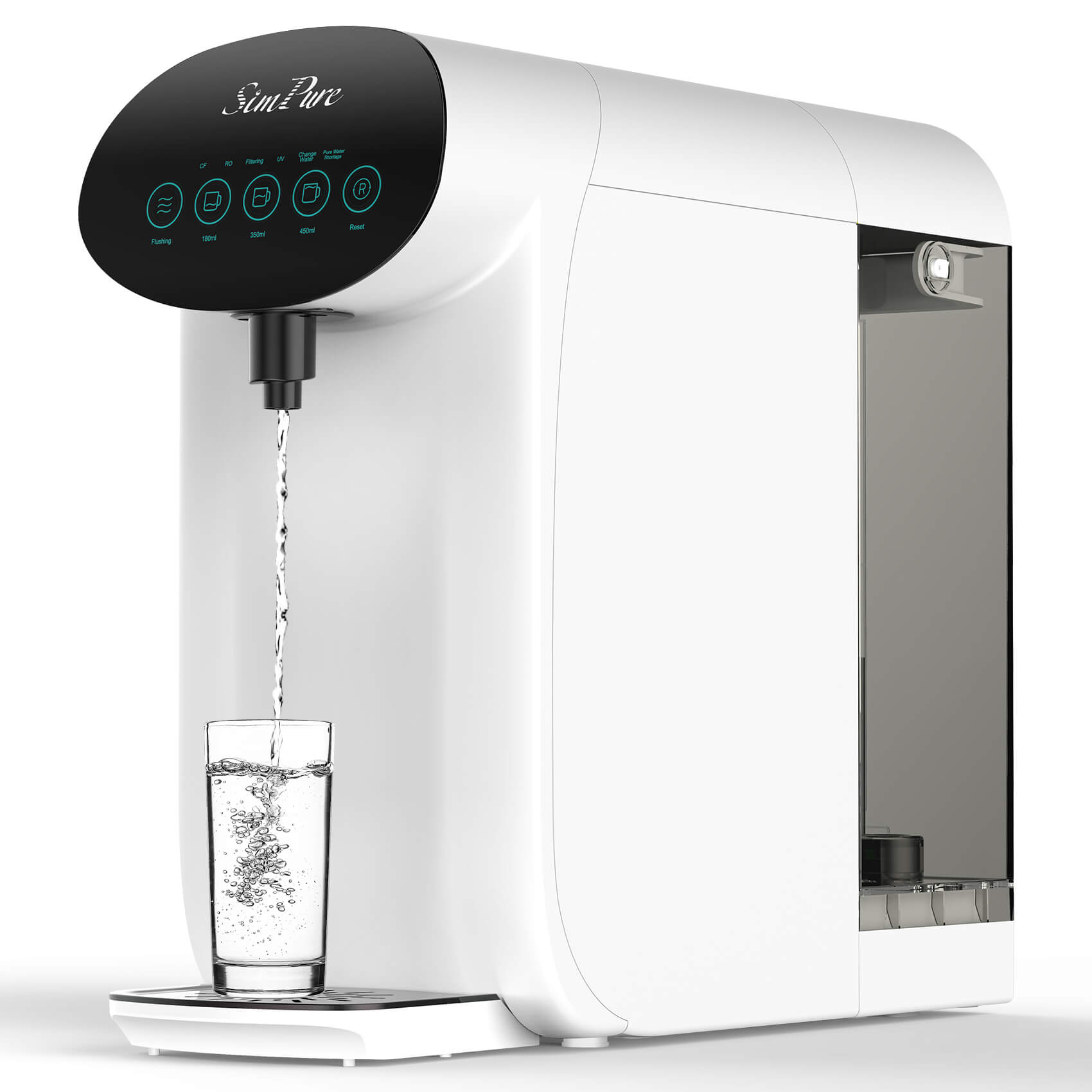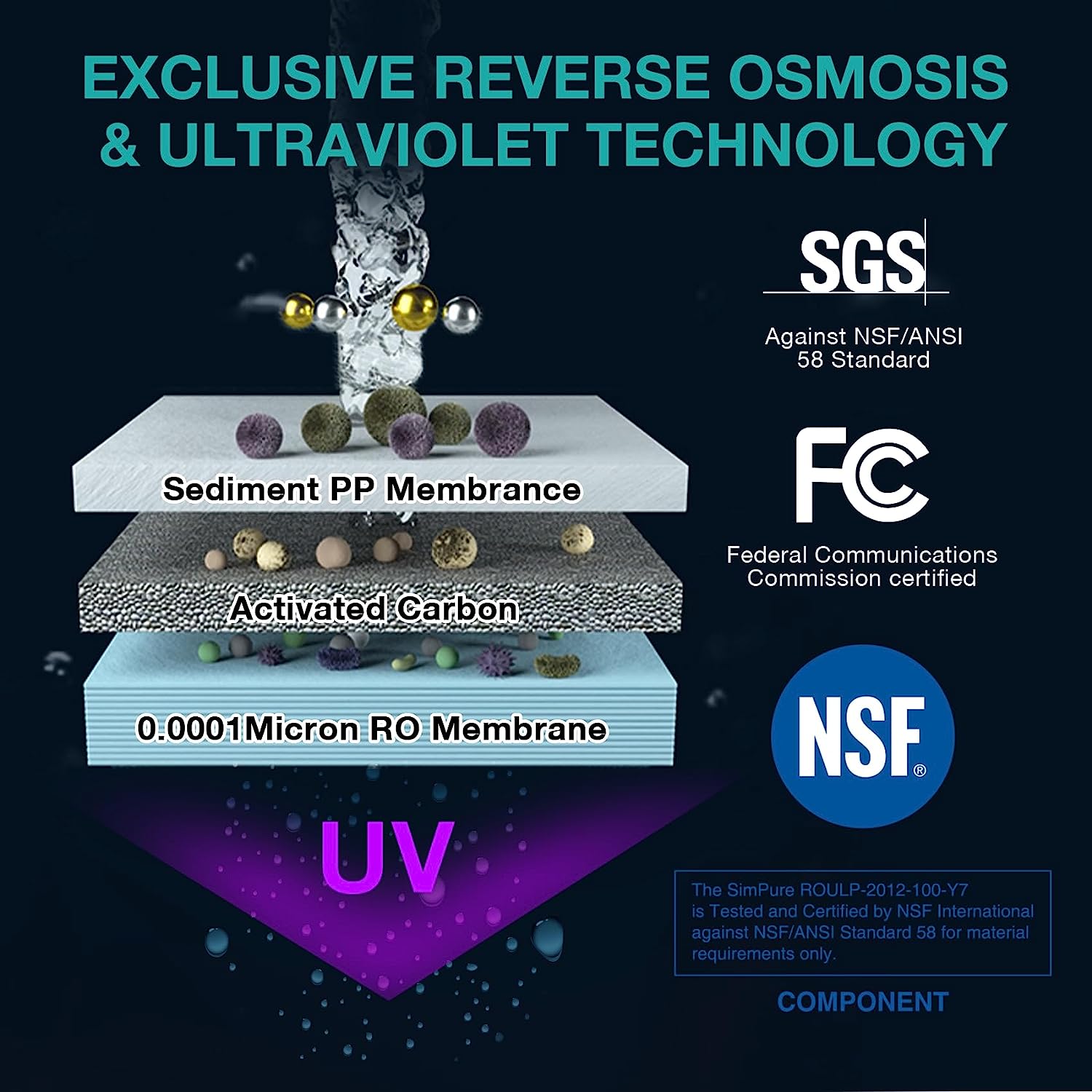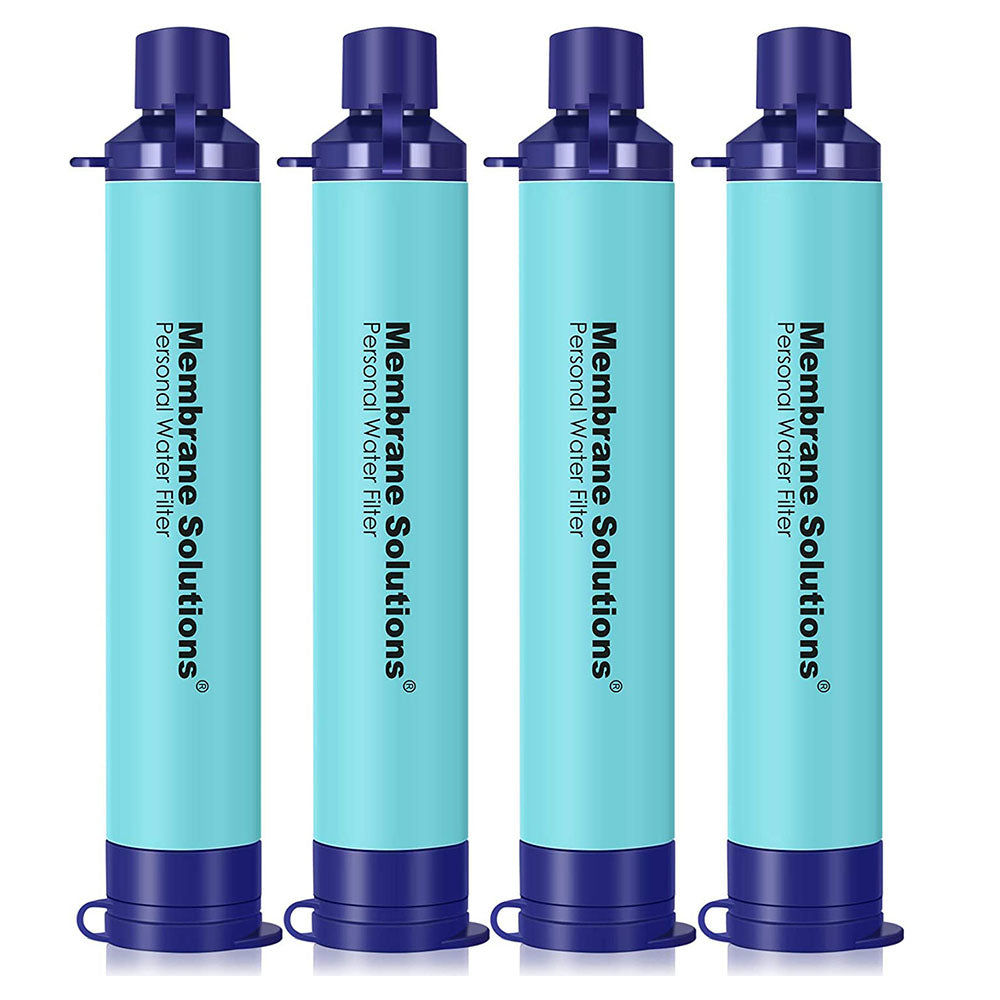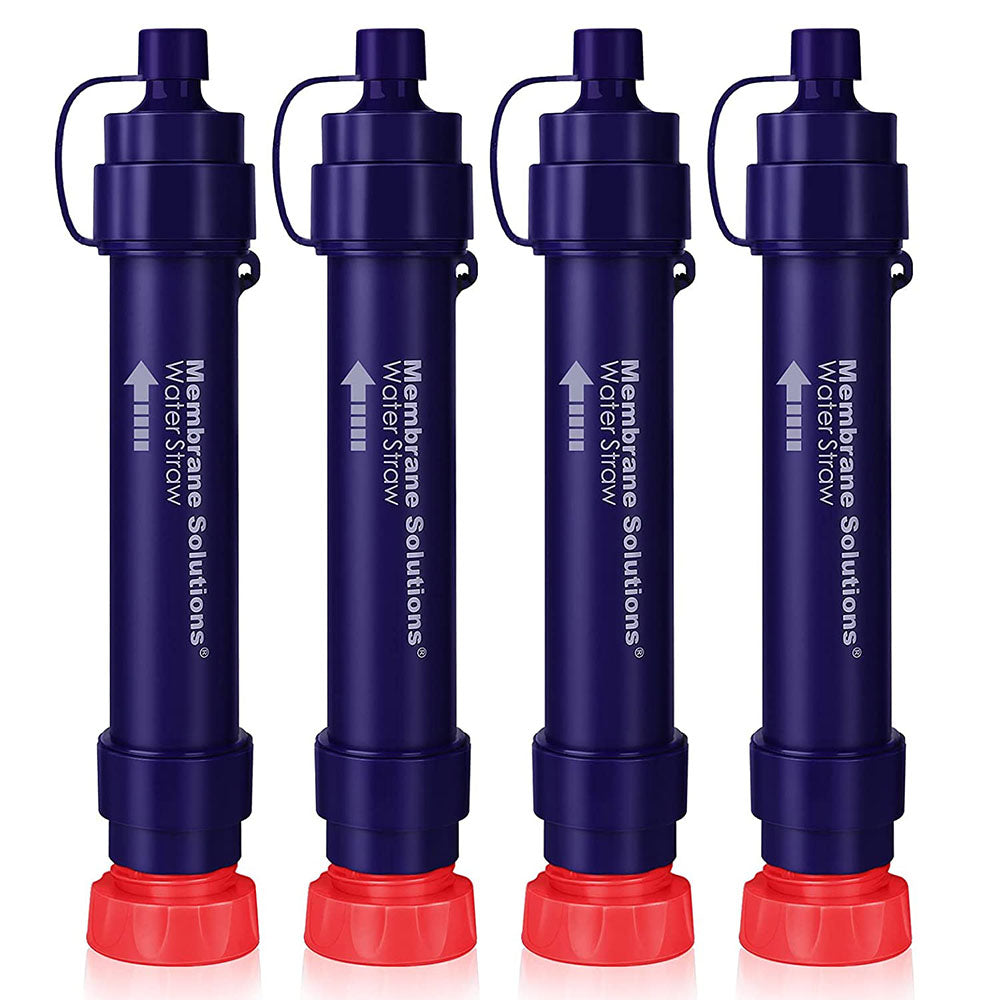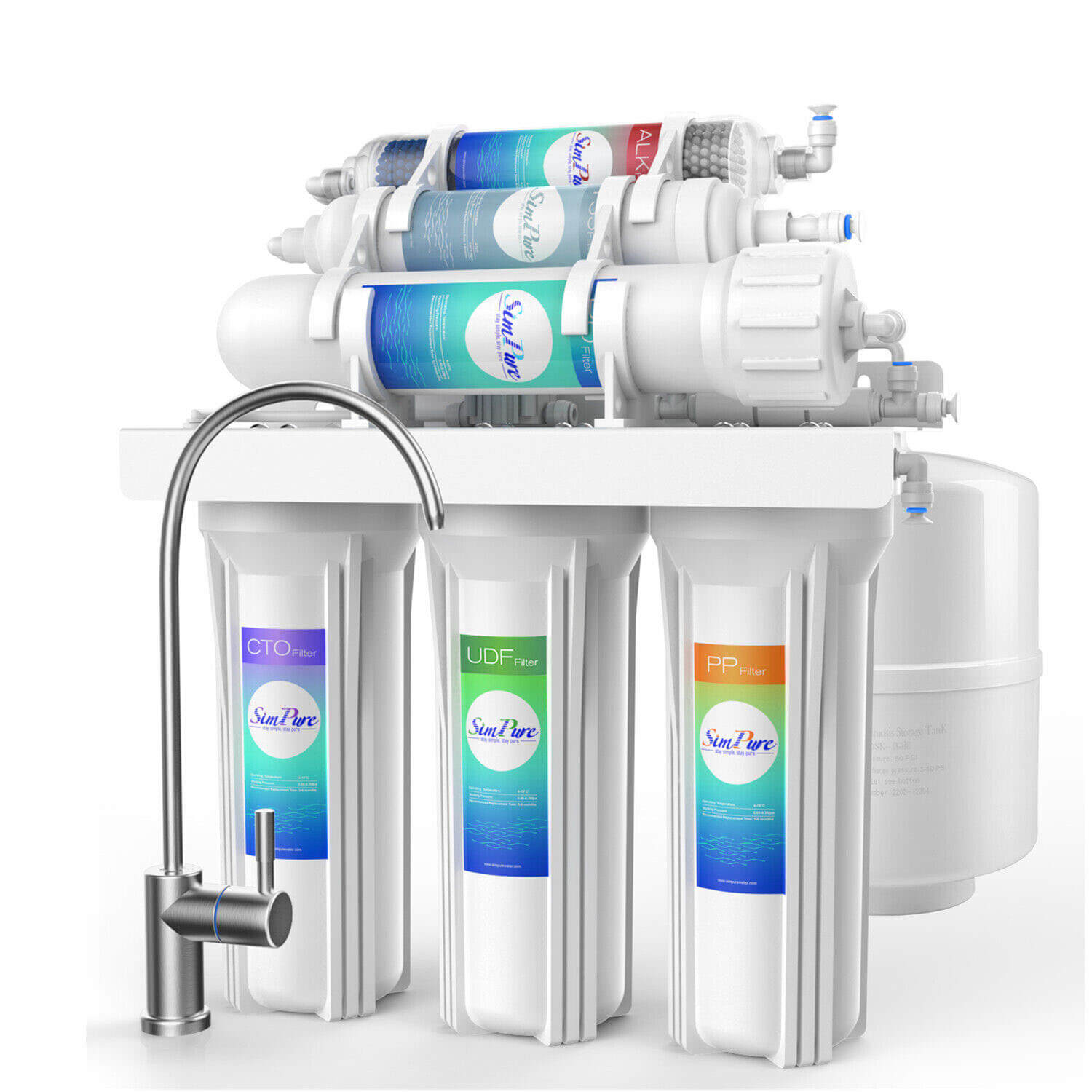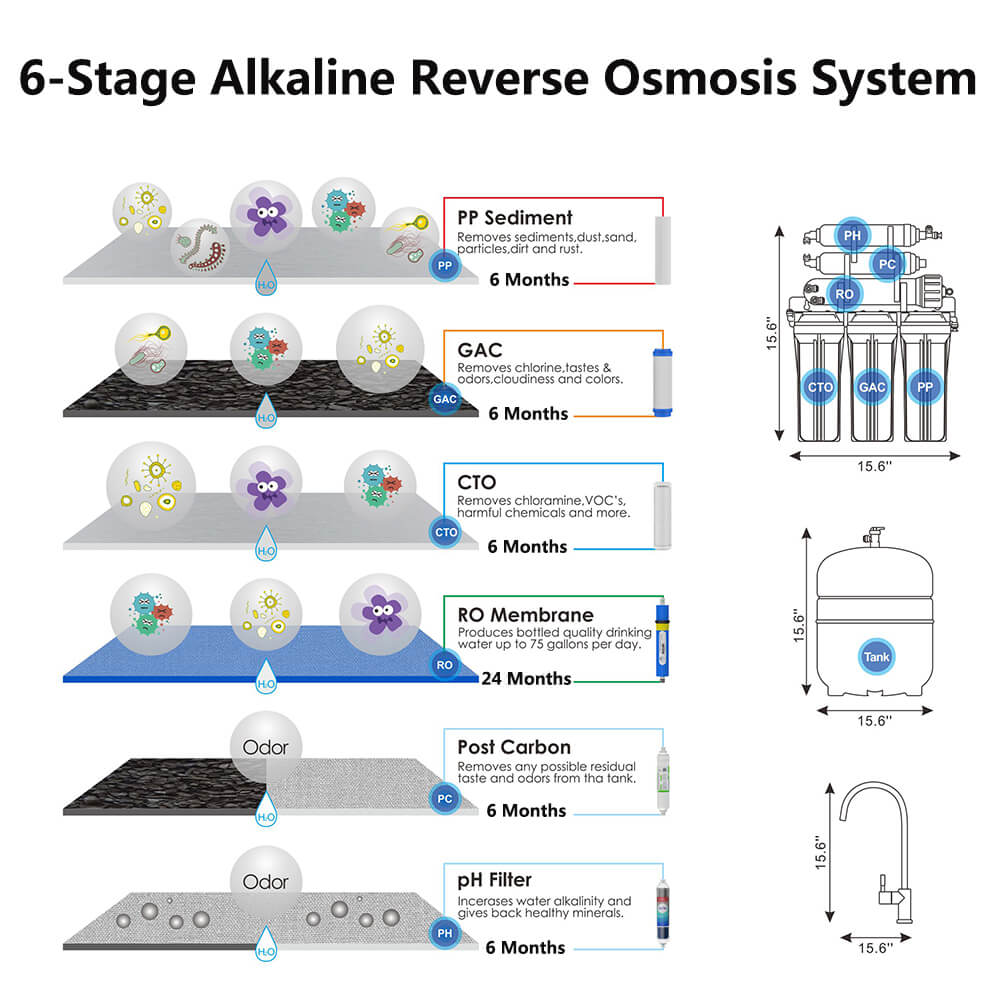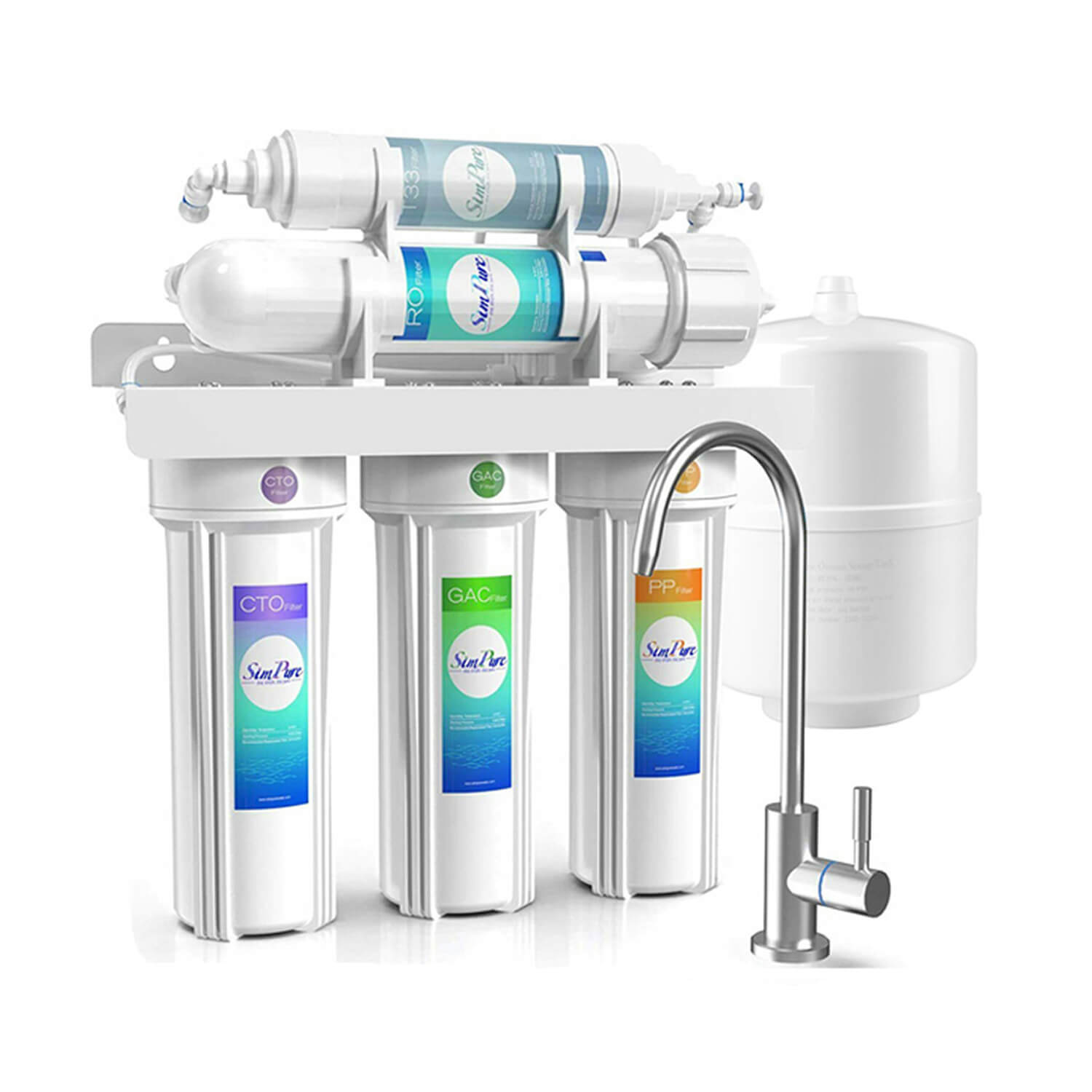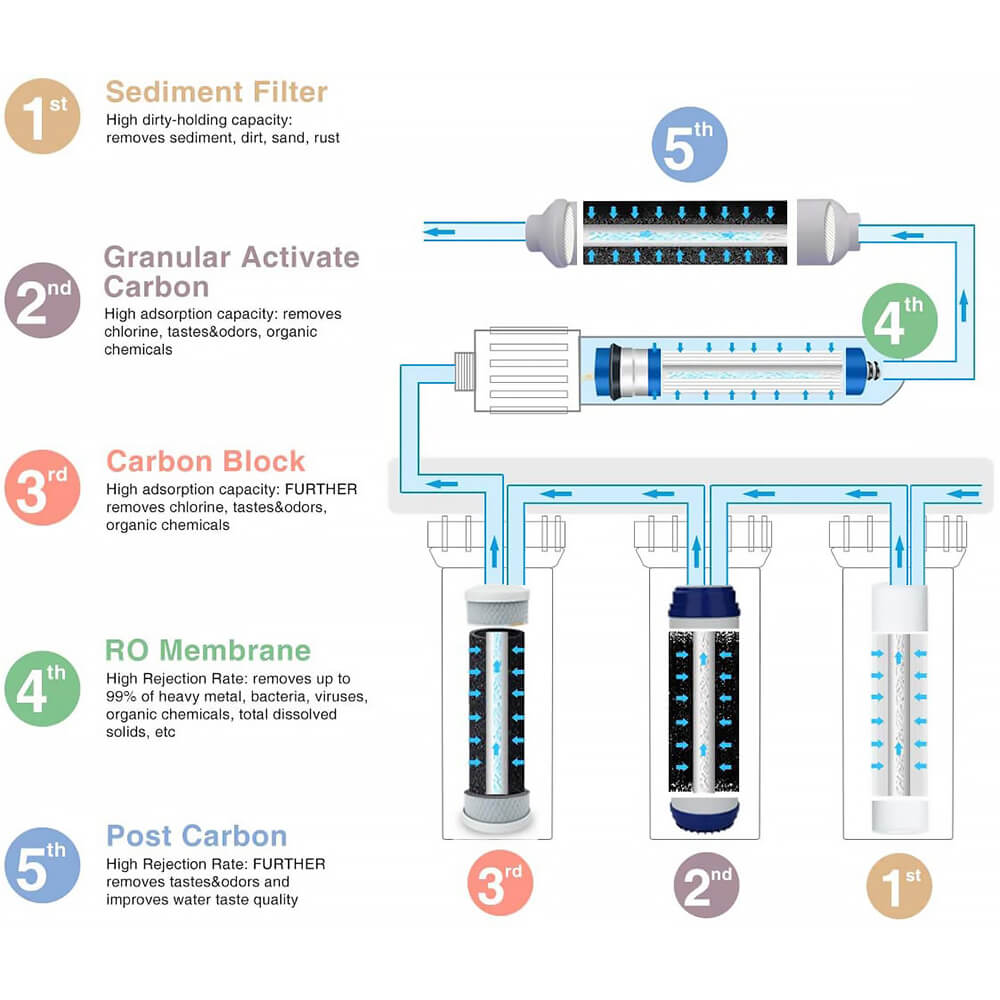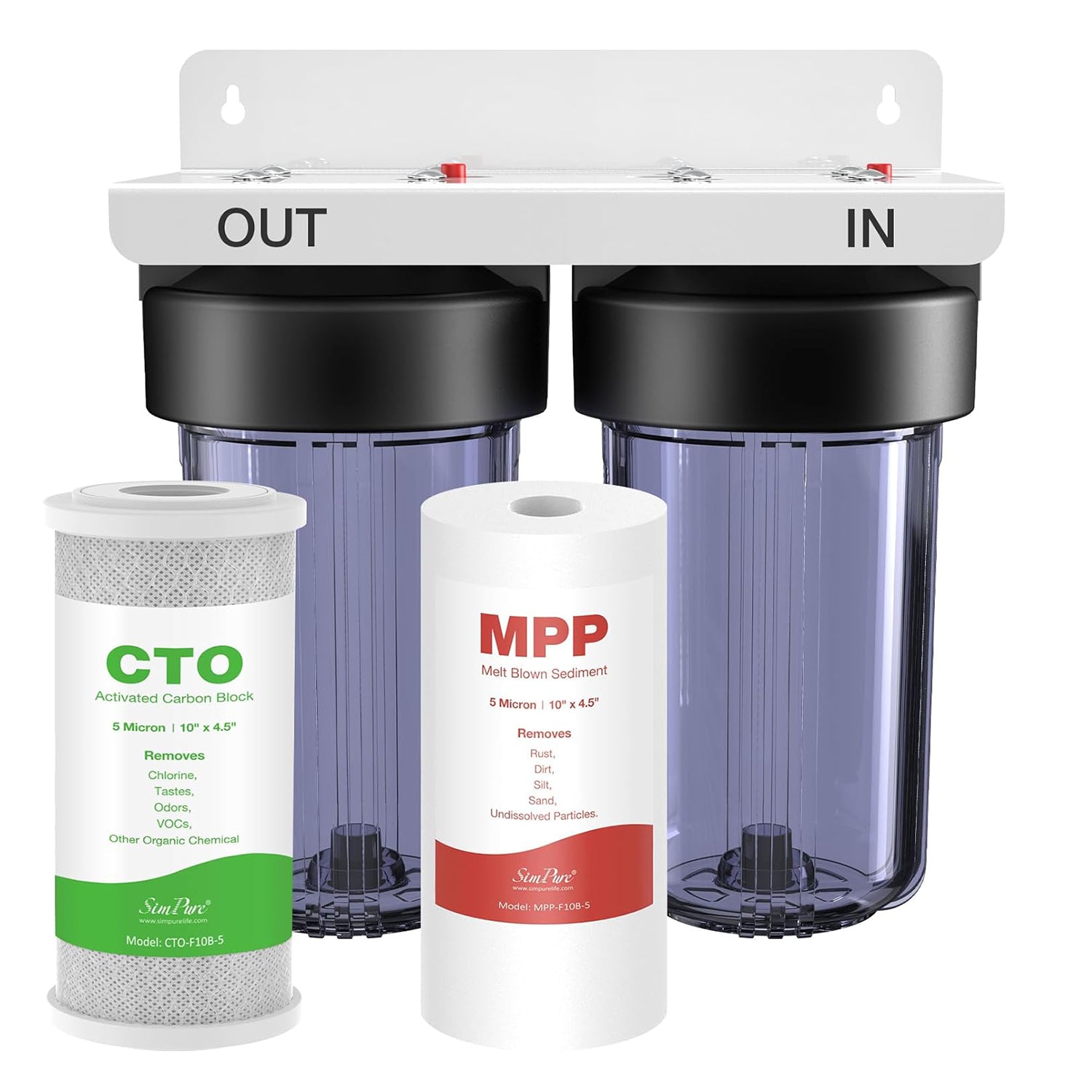A cup of coffee is composed of 98% water and 2% flavors. Water is used as a solvent to dissolve and extract the flavors of coffee powder. In addition to water temperature, water quality also affects the extraction of coffee.
This article uses two kinds of direct drinking water commonly used in homes/offices—purified water and mountain spring water to make a comparison to see how different water affects the extraction of coffee. To get purified water, you can install a reverse osmosis countertop water filter in your work place.
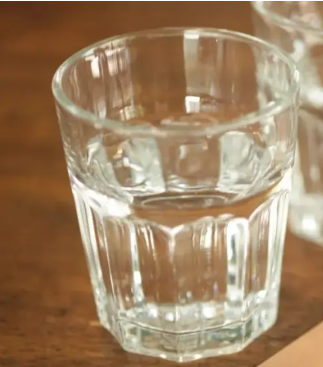
What factors in the water affect the extraction of coffee?

TDS (total dissolved solids)
TDS indicates the amount of dissolved substances in the water: inorganic salts and organic substances. The main components of these dissolved substances are calcium, magnesium, sodium, potassium ions, carbonate ions, and bicarbonate ions. The higher the quality of TDS, the more dissolved substances in water. The unit of TDS measurement is mg/l (milligrams per liter), and the unit of concentration is ppm. "1mg/l=1ppm"
The more dissolved substances in the water, the richer the flavor of the coffee will be extracted. However, too much dissolved matter will cause the coffee to have a peculiar taste or even bitterness. Conversely, the less dissolved substances in the water, the coffee is prone to under-extraction.

PH value (pH)
The pH is also known as the hydrogen ion concentration index, which is a scale of the hydrogen ion activity in a solution. The aqueous solution is acidic or alkaline, which is completely determined by the relative content of H+ and OH- in the solution: when OH- = H+, it is neutral (ph=7); when OH->H+ is alkaline (ph>7); It is acidic when OH-<H+ (ph<7).
Coffee is a low-acid beverage (PH value 5-6). If we use water with pH>7 to brew coffee, it will increase the pH value of the coffee and reduce the acidity of the coffee, thereby affecting the overall flavor performance of the coffee.
Brewing experiment
The barista from Front Street found in the communication with the enthusiasts that most of the daily coffee brewed by everyone uses barreled purified water/spring water. So this article focuses on testing the difference in the flavor of the same coffee beans brewed with these two different waters.
First use the TDS test pen to test the water quality
The pure water TDS is 0ppm, that is, the zero-impurity drinking water after the water is processed through reverse osmosis technology and other processing methods to remove all the dissolved substances in the water.
The TDS of mountain spring water is 37ppm, which is the mountain spring water with a small amount of dissolved substances remaining after purification.
we can use a TDS ec meter to test the quality of the water.
PH value
According to the information provided on the drinking water packaging, the pH value of pure water used in Qianjie this time is 7.1±0.5, and the pH value of mountain spring water is 7.3±0.5, both of which are neutral water.
Experiments have proved that pure water is not suitable for brewing coffee, and a proper amount of dissolved substances in the water will help extract coffee. If there is no mountain spring water, you can use filtered water for brewing.
Qianjie does not recommend using unfiltered tap water or mineral water for brewing, because these two types of water have a relatively high content of dissolved substances, which will affect the thermodynamic extraction capacity of coffee, which will cause the coffee flavor to change.


